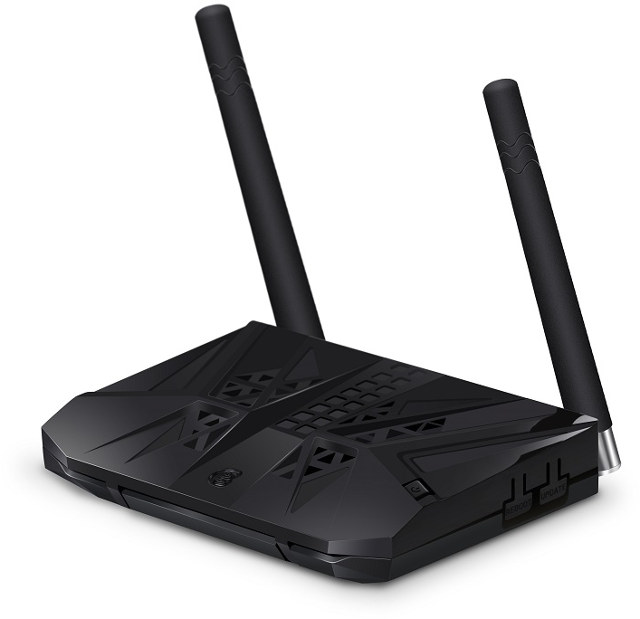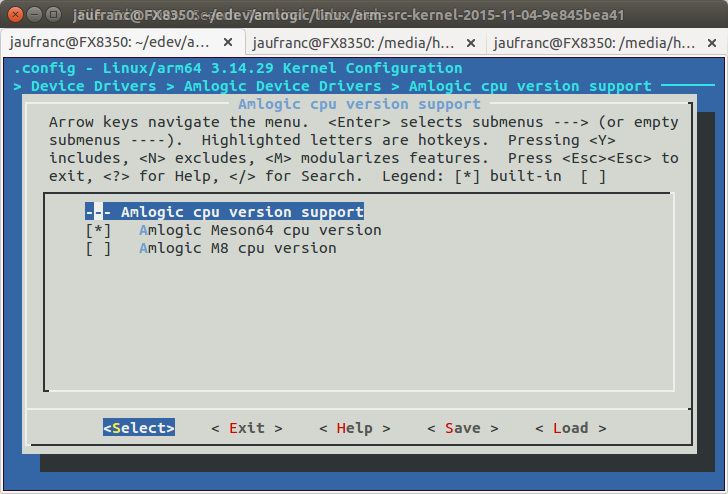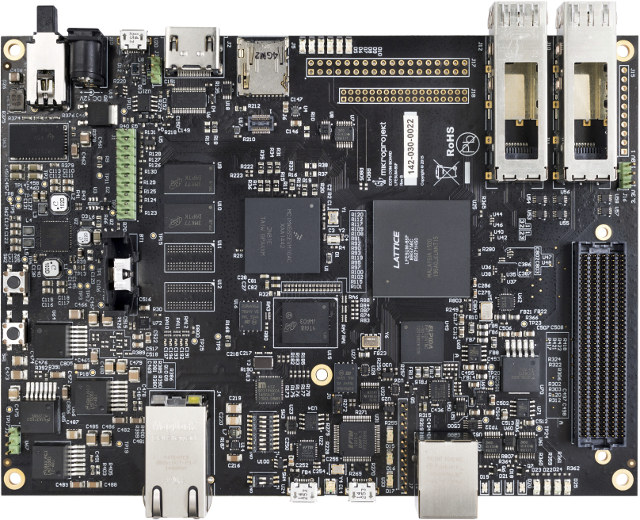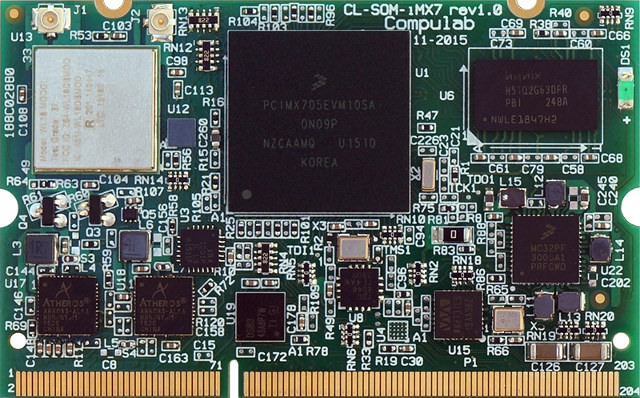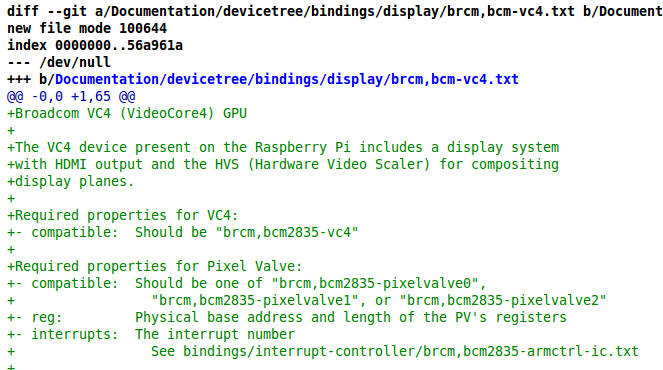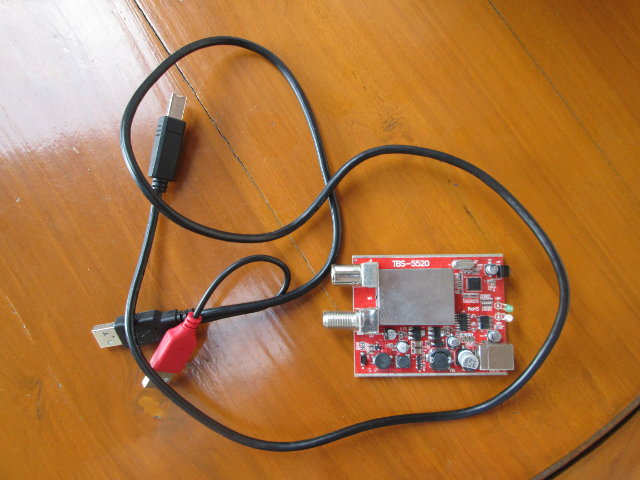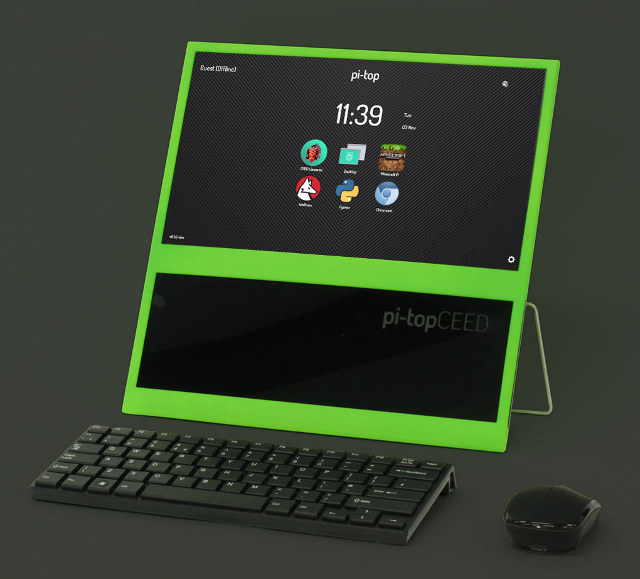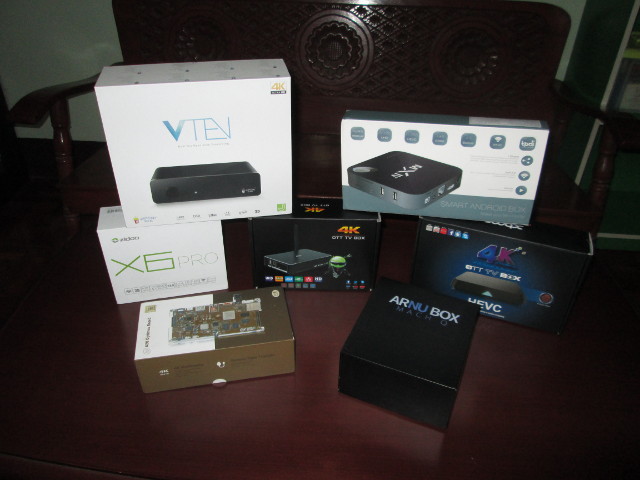There are many Android TV boxes on the market based on Rockchip RK3368 processor, while I’m not aware of any development board based on the latest Rockchip octa-core processor, and Linux support is basically inexistent. One device may fill both gaps: GeekBox. This TV box can run both Android and Ubuntu Linux, while it’s easily disassembled to access expansion headers. The hardware specifications are a little higher-end than most Rockchip RK3368 TV boxes we’ve seen so far: SoC – Rockchip RK3368 octa core Cortex A53 processor @ 1.2 GHz with PowerVR G6110 GPU System Memory – 2GB LPDDR3@1600Mbps Storage – 16GB Samsung eMMC v5.0 flash + micro SD slot Video Output / Display I/F HDMI 2.0 up to 4K @ 60Hz with CEC support Display + touchscreen headers Audio Output – HDMI Connectivity – Gigabit Ethernet, 802.11 a/b/g/n + 802.11ac 2×2 MIMO @ 867 Mbps (AP6354 module), Bluetooth 4.1 USB […]
Amlogic S905 Source Code Published – Linux, U-Boot, Mali-450 GPU and Other Drivers
Amlogic has an open linux website where they regurlarly release GPL source code, and with Amlogic S905 devices coming to market, they’ve released a few tarballs at the beginning of the month including Linux 3.14 source code, U-boot source code, and Mali-450MP GPU kernel source code (obviously not userspace), as well as some other drivers for WiFi, NAND flash, PMU, TVIN, etc… Let’s get to the download links: Linux 3.14.29 source code U-boot 2015.01 GPU drivers for ARM Mali-450MP Broadcom and Realtek Wifi drivers and firmware (November 4, 2015) can be found @ http://openlinux.amlogic.com:8000/download/ARM/wifi/. Other kernel modules (November 4, 2015) @ http://openlinux.amlogic.com:8000/download/ARM/modules/. I quickly tried to build the Linux source. If you’ve never build a 64-bit ARM kernel or app before, you’ll fist need to install the toolchain. I installed the one provided with Ubuntu 14.04:
|
1 |
sudo apt-get install gcc-aarch64-linux-gnu |
Now extract the tarball and enter the source directory:
|
1 2 |
tar xvf arm-src-kernel-2015-11-04-9e845bea41.tar.gz cd arm-src-kernel-2015-11-04-9e845bea41 |
At first I […]
Kondor AX FPGA + ARM Networking Board Targets Base Stations, IoT Gateways and IP Cameras
Mikro Project, a company based in Zagreb, Croatia, has recently introduced Kondor AX “Advanced System Development Board” combining Freescale i.MX6Solo processor with Lattice ECP5 FPGA, and targeting “low power applications at the network edge including HetNet (Heterogeneous Networks), Small Cells, Industrial IoT gateways and IP Cameras.” Kondor AX development board specifications: Category Lattice ECP5 LFE5UM-85F-BG756 FPGA Freescale i.MX6 Solo SoC Description 84.000 LUTs 207 Block RAMs 156 18×18 Multipliers 365 IO pins 4 SERDES channels (In/out) 400 MHz LPDDR3 Memory Support 4 PLLs, 4 DLLs ARM Cortex A9 @ 1 GHz 512 KB L2 cache GPU 3D – Vivante GC880 Video Decode: 1080p30 + D1 Video Encode: 1080p30 H.264 BP/ Dual 720p encode Programming options On-board USB JTAG interface 10-pin JTAG header Using i.MX6 processor Memory & Storage 512MB LPDDR3-1600 800 MHz Clock Rate 1x 32-bit channel 512 MB 32-bit DDR3 64Mbit SPI Flash 8GB eMMC Micro SD Card Connectivity […]
Compulab Unveils CL-SOM-iMX7 Freescale i.MX7 System-on-Module and SBC-iMX7 Single Board Computer
After a few years of speculations and developments about i.MX7 and i.MX8 processors, Freescale announced Freescale i.MX7 family this summer. The new processors are based on one or two Cortex A7 cores coupled with a Cortex-M4 MCU for real-time tasks, and are a low power alternative to Freescale i.MX6 processors. But so far I had only seen a few announcements such Toradex i.MX7 SoM or Freescale 96Boards, without any product actually shipping, and Compulab claims to the first to market with a Freescale i.MX7 system-on-module, namely their CL-SOM-iMX7 SoM which will ship in quantities in early January 2016. CL-SOM-iMX7 system-on-module specifications: SoC Freescale i.MX 7Solo single core Cortex-A7 @ 800MHz with NEON SIMD and VFPv4 + ARM Cortex-M4 @ 200Mhz Freescale i.MX 7Dual dual core Cortex-A7 @ 1GHz with NEON SIMD and VFPv4 + ARM Cortex-M4 @ 200Mhz System Memory – 256MB to 2GB DDR3L-1066 Storage – 128MB – 1GB […]
Raspberry Pi’s VideoCore 4 GPU Driver Added to Linux Mainline in Kernel 4.4
While your x86 and AMD64 computer will usually boot with Linux mainline without issues, most ARM boards and device won’t, and many of the ones that do boot only support headless mode, and limited functionalities. The Raspberry Pi had been supporting HDMI output with a simple framebuffer for a while, but a developer working on the Videocore 4 (VC4) GPU found inside Broadcom BCM2835 and BCM2836 processors, has recently submitted a patchset to add VC4 GPU to Linux mainline that should make it to Linux 4.4. The commit message does mention some features are still missing, but it’s a start: This pull request introduces the vc4 driver, for kernel modesetting on the Raspberry Pi (bcm2835/bcm2836 architectures). It currently supports a display plane and cursor on the HDMI output. The driver doesn’t do 3D, power management, or overlay planes yet. Via Golem and Sanders. Jean-Luc Aufranc (CNXSoft)Jean-Luc started CNX Software in […]
TBS5520 Multi-Standard Tuner Box and Linux Drivers
TBS Technologies is a company that specializes in digital TV tuner cards for PC, and recently they’ve also worked on ARM based boards or devices such as the Matrix 2. The company has sent me one of their TBS5520 USB tuner board and box supporting DVB-T2, DVB-S2, DVB-C and ISDB-T for evaluation, as well as some Linux drivers. Today, I’ll provide some specifications, take some pictures, and show how I compiled and installed the drivers in my Ubuntu 14.04 computer. TBS 5520 Tuner Box specifications TBS5520 is a multi-standard USB tuner with the following features: USB – USB 2.0 device port Antenna connectors – 1x LNB IN, 1x RF IN Standards DVB-S2/S Symbol rate: 1~45Msps; FEC DVB-S2: 8PSK: 3/5, 2/3, 3/4, 4/5, 5/6, 8/9, 9/10; DVB-S: QPSK: 1/2, 2/3, 3/4, 5/6, 7/8 DVB-T2/T Receiving channel: VHF band, UHF band; Bandwidth: 1.7,5, 6, 7, 8 MHz; FEC: QPSK, 16QAM, 64QAM, 256QAM […]
$99 pi-topCEED Raspberry Pi 2 Based Desktop Computer Includes a 13.3″ Display (Crowdfunding)
Pi-Top, a laptop kit based on Raspberry Pi 2 board and a 13.3″ display, and which cost about $299.99 with the board, and had a successful crowdfunding campaign despite the price nearly matching equivalent laptops on the market. CEED is now back on Indiegogo with pi-topCEED desktop computer also based on a Raspberry Pi 2 board and a 13.3″ display, but which much more aggressive pricing, as the kit could be yours for $99 with the board, or $70 without, and shipping was included to the few countries I checked out. pi-topCEED Specifications: SoC – Broadcom BCM2836 quad core Cortex A7 processor @ 900MHz with VideoCore IV GPU System Memory – 1GB LPDDR2 Storage – micro SD card slot Display – 13.3″ HD LCD screen screen with eDP 1.2 interface; 1366×768 resolution; 262K colors; 60Hz refresh rate; 3W power consumption. Video & Audio Output – HDMI (connected to display board […]
Giveaway Week Winners (November 2015)
The third giveaway week, and the second in 2015, on CNX Software is now complete. I’ve just sent the packages this morning, including 4 Android TV boxes, 2 Linux media players, and a development board to the winners from Europe, North America, and for the first time, Oceania. The winners were selected randomly from the list of people who comments, and without any further due, here are the results: let’s go through the winners and their country of residence, with links to the original individual winner announcements: Zidoo X6 Pro – Marko, Slovenia ARNU Box Mach Q Pure Linux – Xavier, Belgium M-195 TV box – Fran, Spain A80 OptimusBoard development board – Gil, Portugal M8S TV box – Roel, Belgium Tronfy Telos MXIV – Treb “winners are grinners”, Australia Popcorn Hour VTEN – ax, USA While last time, people living in Canadians were the luckiest, this giveaway was kind to people […]


